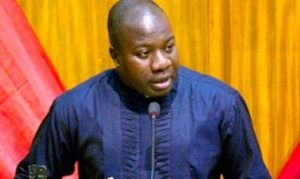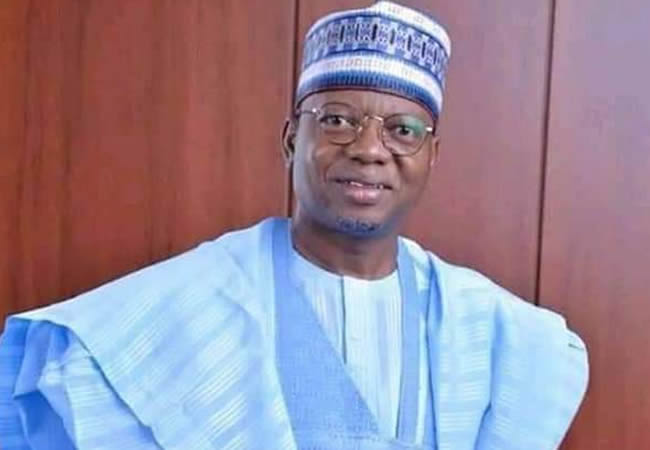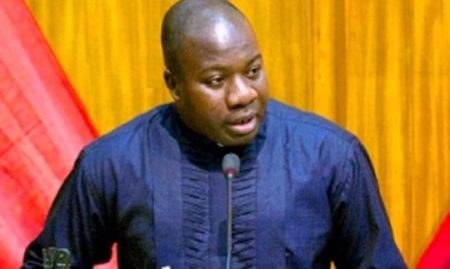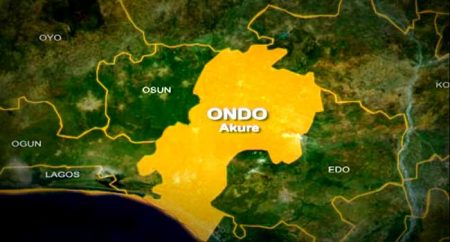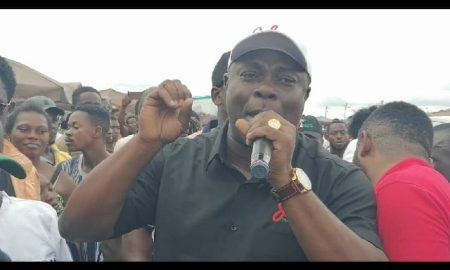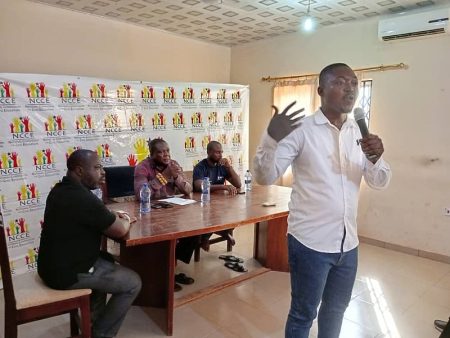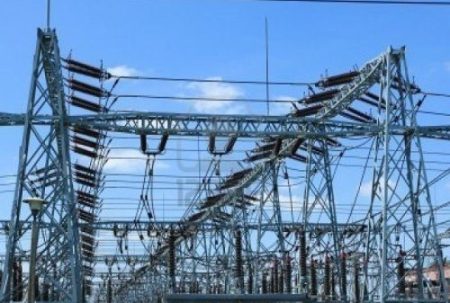In a recent turn of events, Sani Musa, the lawmaker representing Niger East, has issued a strong condemnation regarding the handling of minors by the Inspector General of Police, Kayode Egbetokun, and certain police prosecutors pertaining to the arraignment of 72 #EndBadGovernance protesters. The protesters, who were arrested during anti-government demonstrations, faced significant backlash as reports surfaced about the presence of several minors among the detainees. This development has attracted national attention and outrage from activists, who have been fervently advocating for the release of the arrested individuals while insisting on the government’s responsibility to protect the rights to peaceful assembly.
Amidst the escalating public outcry, President Bola Tinubu intervened by issuing a directive for the immediate release of all detained minors. His decision to reunite these children with their families was framed as an essential step in rectifying the injustices of the situation. Musa lauded this action, describing it as a “decisive and compassionate” response that conveyed a commitment to justice and humanity. He recognized Tinubu’s move as an important gesture to restore public trust, especially for families who had been anxious about the fate of their children amidst the unfolding crisis.
Musa expressed disappointment not only in the treatment of the minors but also in the overall conduct of law enforcement in this scenario. He highlighted the detrimental effects of such actions on public perception of the police, marking the behavior of the Inspector General and the involved prosecutors as “senseless.” According to Musa, their actions breached fundamental principles of justice and raised concerns regarding the protection of vulnerable populations, particularly minors. His comments reflect larger public sentiments toward law enforcement and the importance of accountability in ensuring that such instances do not tarnish community trust.
Urging for accountability, Musa called for a comprehensive investigation into the mishandling of the cases involving minors. He emphasized the necessity for a justice system that prioritizes the rights and welfare of all citizens, especially those who are particularly vulnerable, like children. His remarks serve as a clarion call for reform and caution against repeating the past mistakes that have led to such outrages in the treatment of protesters. Musa’s insistence on improvement within the justice system signals a demand for enhanced oversight and ethical practices within law enforcement agencies.
Senator Musa’s message was unified in its core objective: to remind the public and authorities alike of the paramount importance of safeguarding the rights of minors. He stressed that children are entitled to protection and that society bears the responsibility to uphold their rights consistently. His clarion call resonates beyond the specific incident, highlighting the need for systemic reforms that ensure such cases do not undermine the standards of justice and equity to which all citizens are entitled. This situation serves as a poignant reminder of the fragility of civil rights in the face of governance challenges.
In light of these developments, the case has sparked a broader conversation about the rights of protesters, the workings of law enforcement, and the scrutiny of judicial processes in Nigeria. The highlighted issues challenge the government to evaluate and sharpen the legal framework protecting citizens’ rights, especially during civil demonstrations. As Nigeria grapples with the implications of these events, it is crucial for all stakeholders to engage constructively in dialogues that foster protection for the vulnerable and uphold the tenets of democracy and justice in the country.


